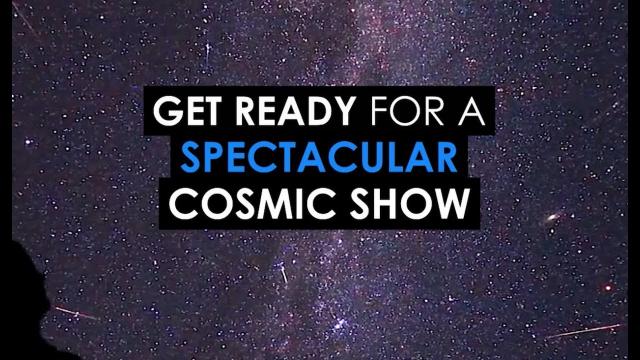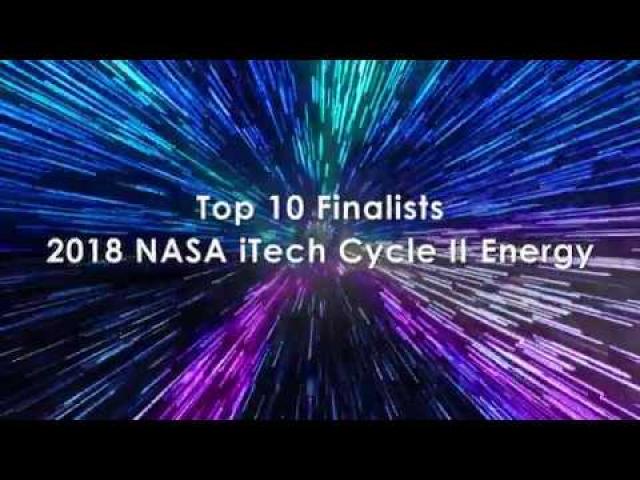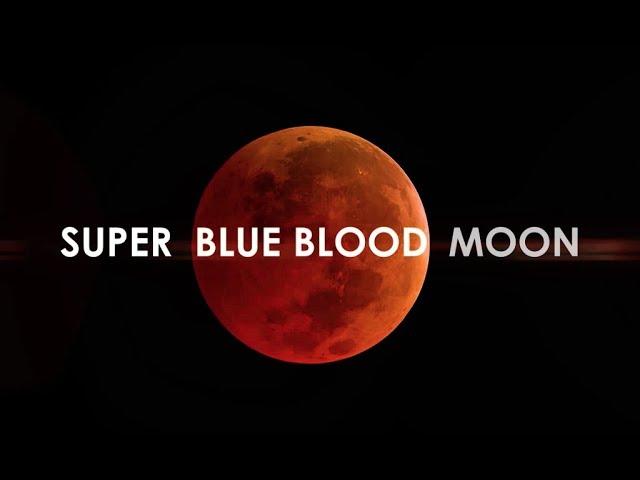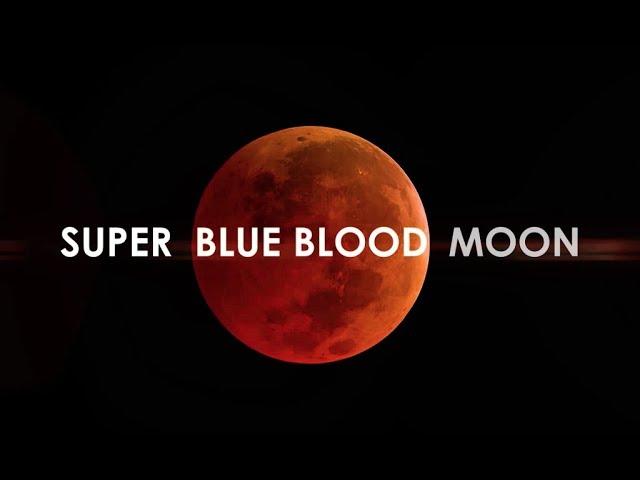Outer Space & Universe
Outer Space & Universe
Space, also known as outer space, is the near-vacuum between celestial bodies. It is where everything (all of the planets, stars, galaxies and other objects) is found.
On Earth, space begins at the Kármán line (100 km above sea level). This is where Earth's atmosphere is said to stop and outer space begins. This is not a firm boundary but is a convention used by scientists and diplomats.
Items in space are free to move back and forth; up and down; and left and right. These three dimensions are what make 3D space. Items also move forward through time, which is sometimes called the fourth dimension.
The majority of space contains very little matter and so most of it is a vacuum. Scientists do not know how big space is but we do know that space is extremely big, and is always expanding.
According to the big bang theory, all matter and energy in the Universe was compressed into a very small space. Then it exploded and started expanding. Space is still growing in size today; this means the distance from one galaxy to distant galaxies is getting longer.
Gravity is the force that keeps the Moon in orbit around the Earth and the planets in orbit around the Sun. Gravity can stretch and bend space similar to how a heavy ball placed on a stretched sheet of rubber will cause the rubber to stretch. The scientist who discovered that space can bend is named Albert Einstein. How gravity bends space is part of his theory of general relativity.
Astronauts, Cosmonauts, Taikonauts and Spationauts
An astronaut is any person who is trained by NASA to travel and perform tasks in space. Although the space traveler may not necessarily be a United States citizen, each astronaut does go through a rigorous training regiment by the National Aeronautics and Space Administration. Other space travelers go by other names then astronaut depending on their country of origin.
In the United States, astronaut is derived from the Greek words ástron (star) and nautis (sailor). While, in Russia, a space traveler goes by the name космонавт (English: cosmonaut), which is derived from the Greek words kosmos (universe) and nautis (sailor). Westerners call a space traveler from China a taikonaut, based on the 1998 writings of Chiew Lee Yik and Chen Lan where the term tàikōng (great emptiness), Chinese for “space”. In China, the term yuháng yuán (universe navigator) is used for space traveler.
Only the United States of America (United States), Russia (earlier, the Union of Soviet Socialist Republics), and the People’s Republic of China (China) have sent manned spacecraft into space. Other countries have assisted these countries by sending their own space travelers on space missions. For instance, a French space traveler is called a spationaut (from the French word spationaute), which is derived from the Latin spatium (space) and Greek nautis (sailor). (plural in Greek nautes = sailors)
-
00:49
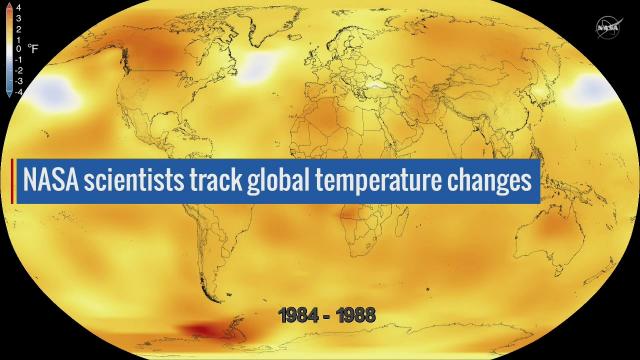
2016 Warmest Year Ever - Largely Due To Human Emissions | Video
Added 625 Views / 0 Likes2016 Warmest Year Ever - Largely Due To Human Emissions | Video
-
04:53
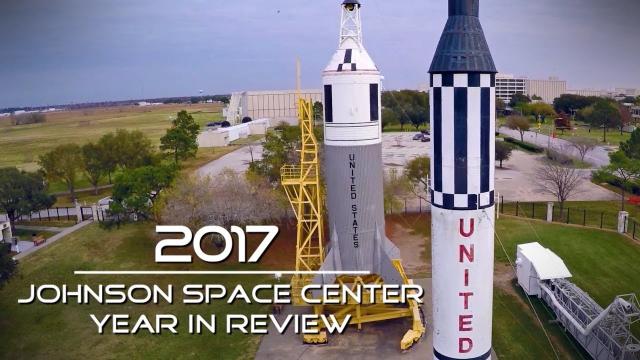
2017 - Johnson Space Center Year in Review
Added 615 Views / 0 Likes2017 - Johnson Space Center Year in Review
-
02:34
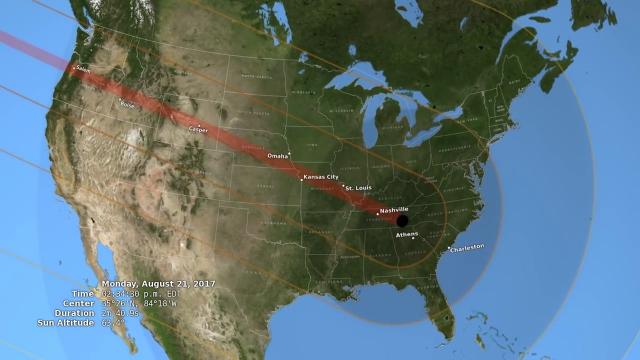
2017 Solar Eclipse Path: Moon Features Adjustment In New Animation
Added 674 Views / 0 Likes2017 Solar Eclipse Path: Moon Features Adjustment In New Animation
-
00:29
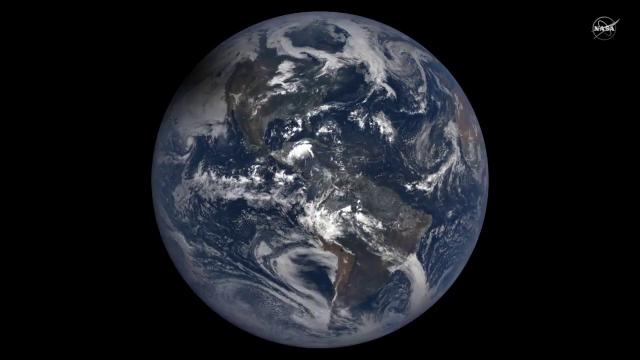
2017 Solar Eclipse Shadow Seen from Million Miles Away
Added 635 Views / 0 Likes2017 Solar Eclipse Shadow Seen from Million Miles Away
-
00:47
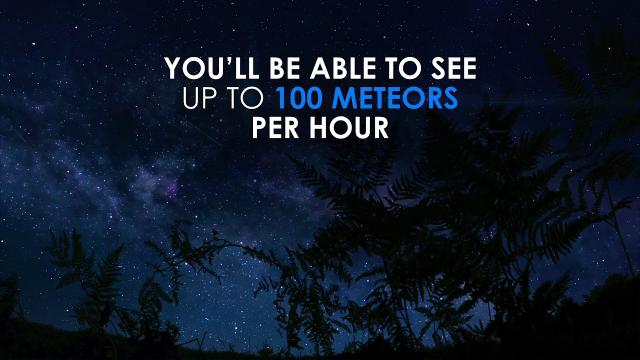
2018 Geminids Will Be Brilliant
Added 360 Views / 0 LikesDon’t miss out on one of the year’s most brilliant cosmic shows! The Geminid meteor shower will put on a dazzling display for sky watchers when it peaks on December 13, 2018. Get the details: http://bit.ly/geminids2018
-
10:49
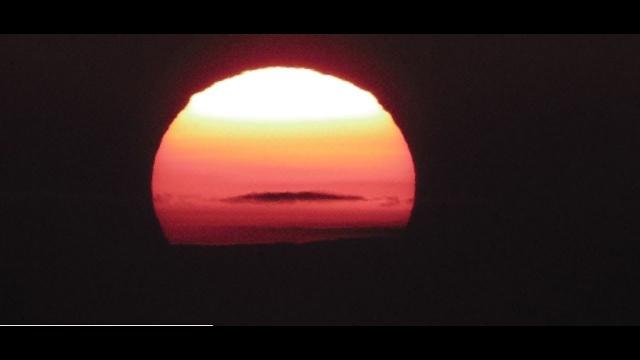
2018 is a manure lagoon dumpster fire.
Added 418 Views / 0 LikesWho is up for some divide & conquer political penis talk?God bless everyone. Stay Cool.T
-
03:48
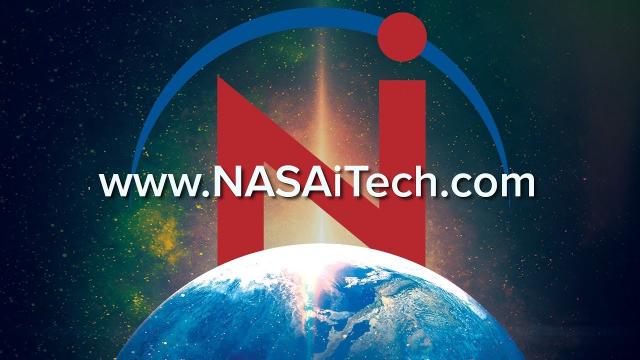
2018 NASA iTech 2018 Cycle I
Added 576 Views / 0 LikesUnprecedented technical challenges require an unprecedented approach.NASA iTech is an initiative by the NASA Space Technology Mission Directorate and managed by the National Institute of Aerospace (NIA) in Hampton, VA. For more information about NASA iTec
-
03:47
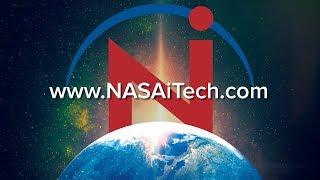
2018 NASA iTech Cycle I
Added 523 Views / 0 LikesUnprecedented technical challenges require an unprecedented approach. NASA iTech is an initiative by the NASA Space Technology Mission Directorate and managed by the National Institute of Aerospace (NIA) in Hampton, VA. For more information about NASA iTe
-
00:24
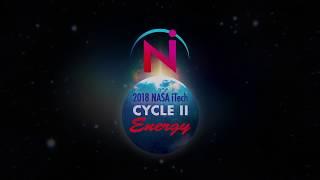
2018 NASA iTech Cycle II Energy
Added 521 Views / 0 LikesNASA is collaborating with the U.S. Department of Energy's Advanced Research Projects Agency - Energy (ARPA-E) on a unique competition to identify transformational energy technologies that can improve energy generation, storage & distribution to the benef
-
00:31
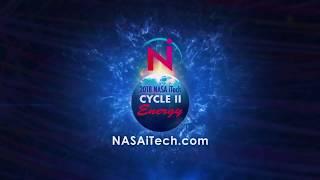
2018 NASA iTech Cycle II Energy
Added 678 Views / 0 Likes-Mark your calendars: 2018 NASA iTech Cycle II Energy -Call for Energy ideas open through: April 29 -Top 25 semifinalists announced: May 10 -Top 10 finalists announced: May 25 -2018 NASA iTech Energy Forum hosted by: Citi. June 11-14 in NYC
-
00:28

2018 NASA iTech Cycle III: Call for Ideas
Added 478 Views / 0 LikesA new cycle of the NASA iTech initiative kicks off today with a call for technical solutions to fill gaps in areas identified as having a critical impact on future space exploration.The request for a five-page white paper is the first phase of 2018 NASA i
-
00:26
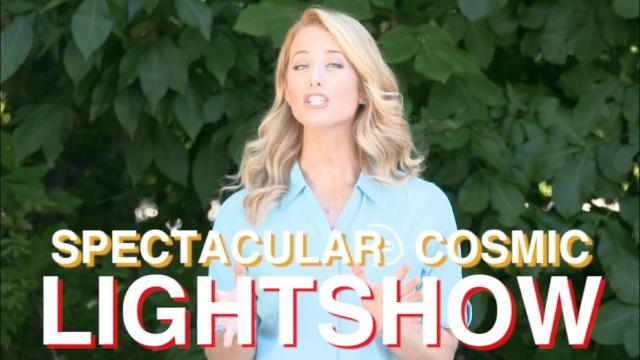
2018 Perseid Meteor Shower
Added 529 Views / 0 LikesIt's the Perseid meteor shower! Head outside after sunset on August 12 to catch some cosmic fireworks in the sky.
-
01:21
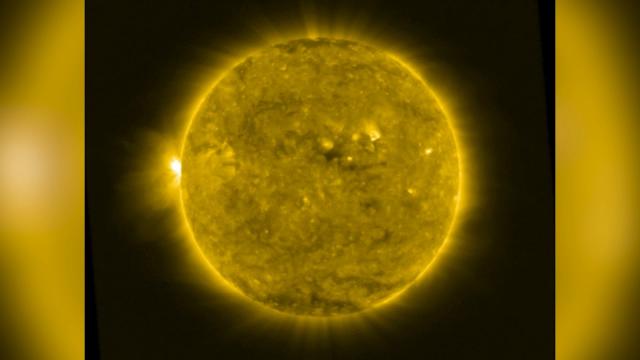
2018's Sun - 365 Satellite Images Sequenced and Time-Lapsed
Added 419 Views / 0 LikesESA's Proba-2 satellite captured imagery of the Sun over the course of 2018. 365 of those images have been sequenced and looped. Credit: ESA/Royal Observatory of Belgium/mash mix: Space.com
-
20:27
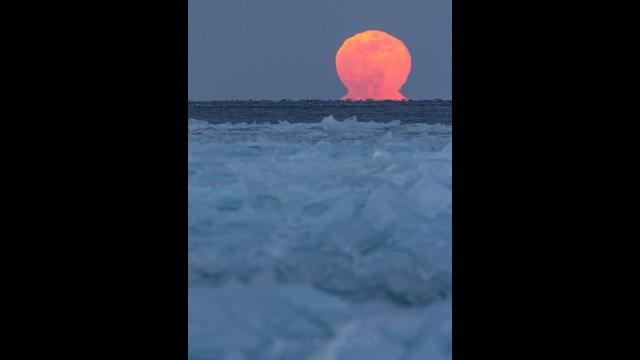
2019 Asteroid Fight Club Hurricane season has begun & SuperMoon got me Spun
Added 471 Views / 0 LikesIt's Spring and Volcano Winter.God bless everyone,TGod bless everyone,Thttps://www.paypal.me/THORnews@newTHOR on twitterhttps://www.facebook.com/thornewsgoTshirtshttps://hitthebuttonbaby.com/the crankywxguy bloghttp://www.stormhamster.com/entry/e021919.ht
-
23:04

2019 HAS BEGUN - It's a party!
Added 372 Views / 0 LikesGod bless everyone,Thttps://www.paypal.me/THORnewsTshirtshttps://hitthebuttonbaby.com/
-
00:49
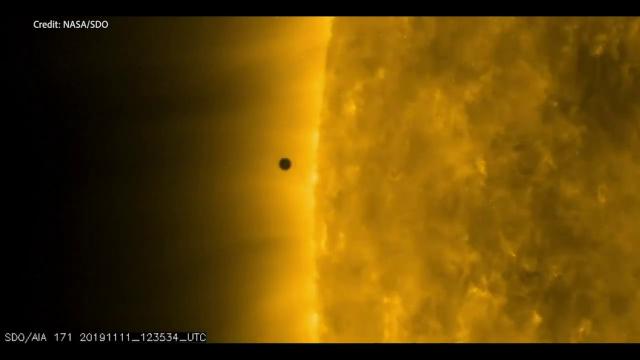
2019 Mercury Transit Captured by NASA Spacecraft
Added 420 Views / 0 LikesOn Nov. 11, 2019, the planet Mercury crossed the face of the sun in a rare transit and NASA was ready. See views in different wavelengths from NASA's powerful Solar Dynamics Orbiter sun observatory in space! -- Rare Mercury Transit, the Last Until 2032, T

